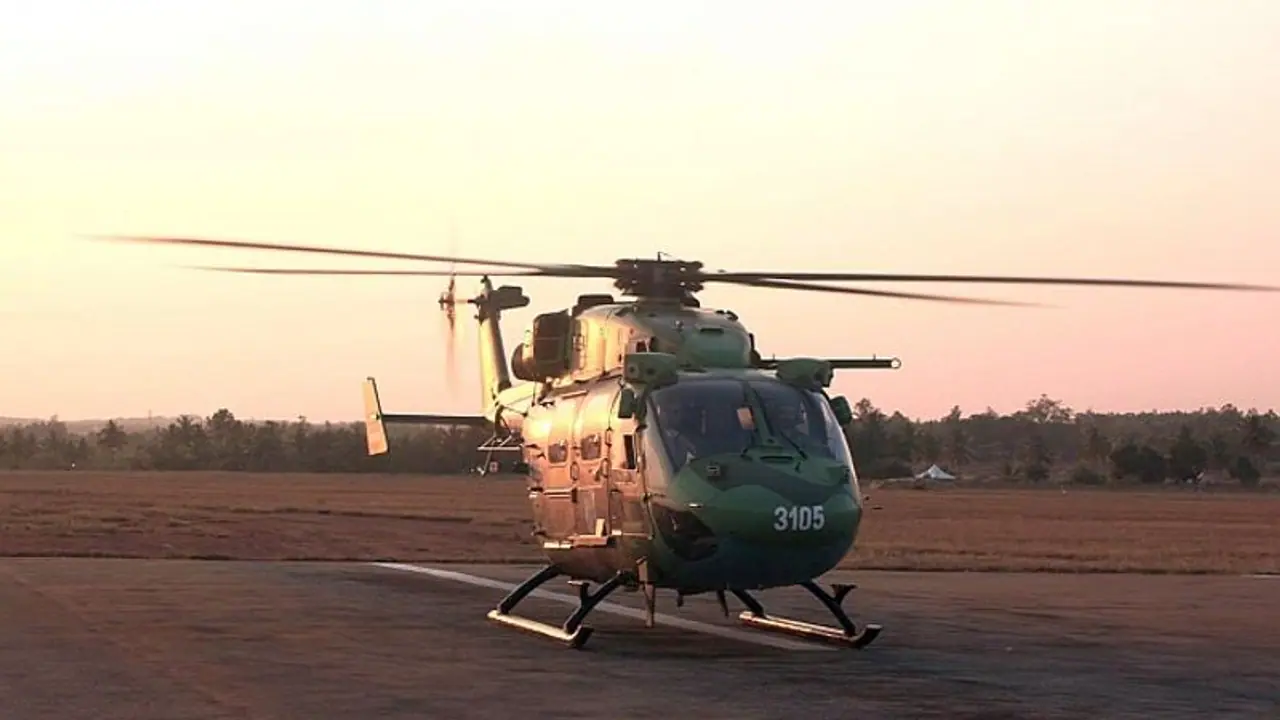The Army released a detailed statement on its search efforts after one of the missing pilot's brother expressed anguish on social media.
A week since the Indian Army's Advanced Light Helicopter Dhruv went down at the Ranjit Sagar dam in Jammu & Kashmir's Kathua district, efforts continue to locate the two pilots.

The Army is leaving no stone unturned in the search and rescue of the helicopter pilots. Even international assistance has been sought with regards to specialised equipment and divers.
The Army released a detailed statement on its search efforts after one of the missing pilot's brother expressed anguish on social media.
"My brother Captain Jayant Joshi's helicopter crashed in Ranjit Sagar Dam on August 2. Almost a week later, he has not been recovered. I wish I could explain my parent's agony. Operations to extract the wreckage are ongoing at a snail's pace with no end in sight," Neel Joshi, brother of one of the two pilots, said in a series of tweets.
In its statement, the Indian Army said that divers and specialised equipment were being continuously flown in, and international assistance is also being sought.
Stating that a small area of 60m by 60m has been localised to enter into the final phase of search operations, the Army said that special sonar equipment had been flown in from Kochi to carry out further operations.
Braving the challenges, the Army, in coordination with the Navy, has employed multi-beam sonars, side scanners, remotely-operated vehicles and underwater manipulators, which have been flown in from Chandigarh, Delhi, Mumbai and Kochi and pressed into action.
Search operations continue unabated despite bad weather and rain. Expertise and equipment of the IAF, Navy, NDRF, SDRF, state police, dam authority and even private firms from all over the country have also been pressed into action.
The deep underwater operation is especially challenging due to the near-zero visibility below 50 meters owing to the colloidal nature of water in this season which adversely impacts the accuracy of sonars and other sensors, the Army said.
